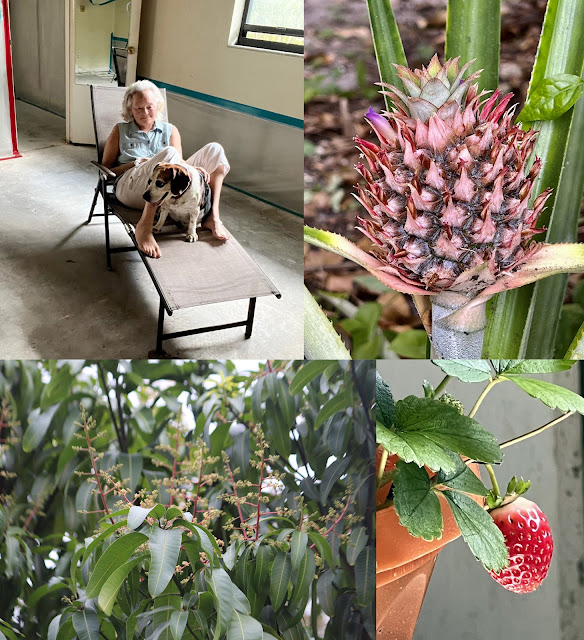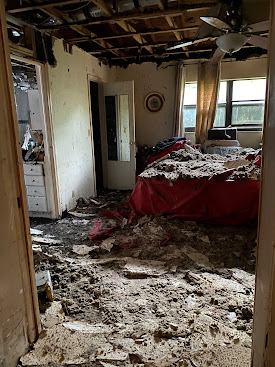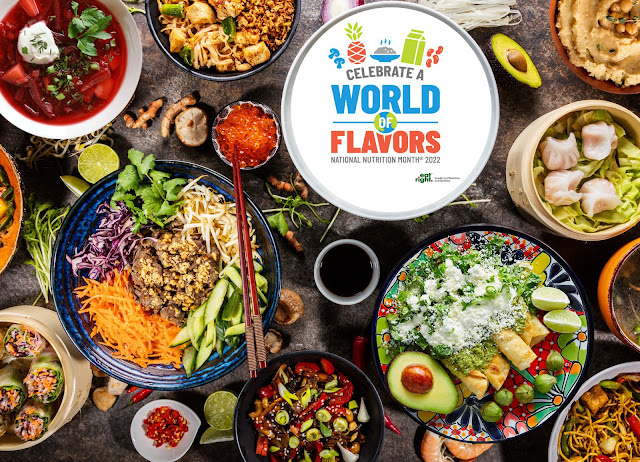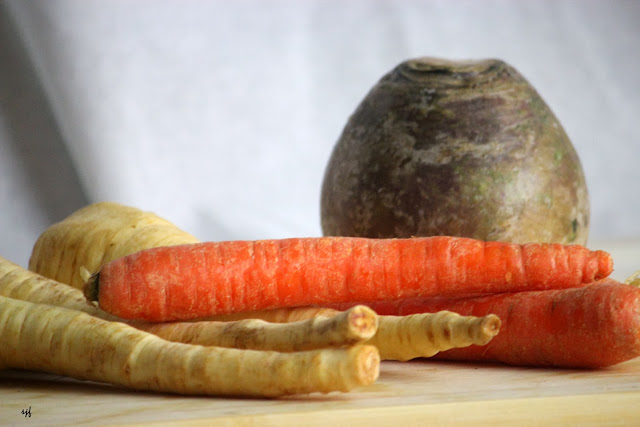Feeding Your Dog
Good nutrition is always important for your dog, but it is especially so when she's recovering from an injury or illness. In fact, the balance of nutrients she needs may be different during the time she's recuperating-more protein to promote cell repair and fight infection, more fats and carbohydrates for the extra energy needed, and certain vitamins and minerals that promote healing. Check with your vet to see what you should be feeding the dog as she gets better and follow these tips to make eating easier for your ailing pet:
- Feed her a little at a time and often, for example, divide the daily allowance of food into two to four small meals.
- Warm the food to just below your dog's body temperature. Do not give her really hot food.
- Leave the food down 10 or 15 minutes and then remove it (after she finishes eating, of course). Dogs are more likely to eat fresh food than a dish that's been sitting out for a while.
- Some dogs like a little spice, like garlic powder. Ask your vet about what flavorings would be acceptable for your dog.
- Of course, your dog just may not feel like eating. If this is the case, you'll have to force-feed her. The easiest way to accomplish this is to liquefy the food by adding water and then feed it to her as a fluid (use the method described above). Again, give her several small meals (a few teaspoons of food every 2 to 3 hours) rather than one large one. If you give her too much, she may vomit it back up.
The Love of Specially-Abled Pets













































